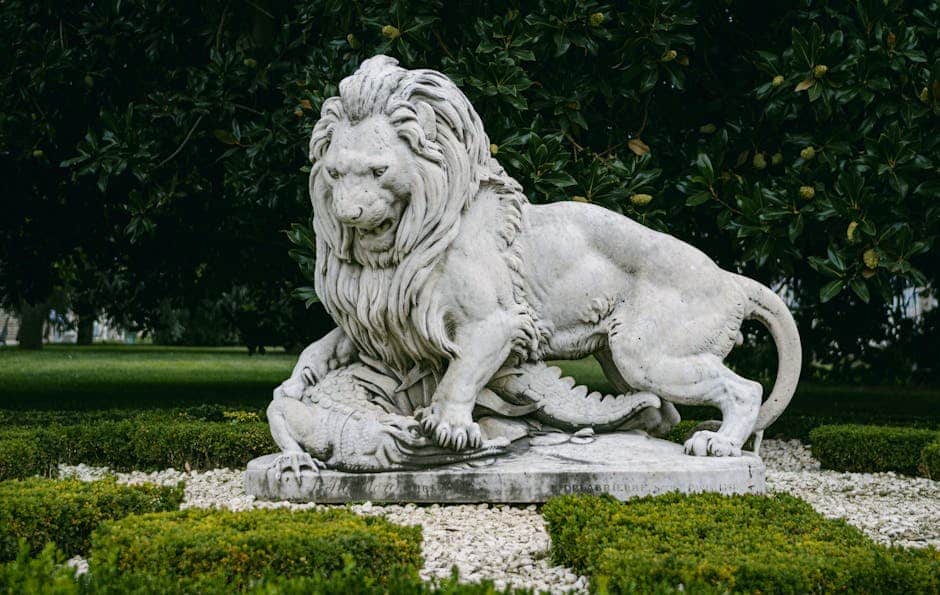How Long Can Garden Seeds Remain Viable?
Have you ever wondered how long you can store those extra garden seeds? Whether you’re a seasoned gardener or just starting out, understanding the shelf life of garden seeds is essential for successful planting. In this article, we will explore the average viability of garden seeds, factors that affect their longevity, and tips for proper seed storage.
Average Shelf Life of Garden Seeds
The average shelf life of garden seeds can vary depending on the type of seed. According to various sources, vegetable seeds typically remain viable for 1 to 6 years, while some seeds can last up to 10 years or more if stored properly. Herbs and flower seeds also fall within this range, with an average shelf life of 1 to 5 years.
It’s important to note that these are general guidelines, and the actual viability of seeds can vary based on several factors, as we will discuss later in this article.
Factors Affecting Seed Viability
Several factors can affect the viability of garden seeds over time. These factors include:
- Seed Age: The age of the seeds plays a significant role in their viability. As seeds age, their germination rates decline. While some seeds can remain viable for several years, others may lose their viability within a year or two.
- Seed Storage Conditions: Proper storage conditions are crucial for maintaining seed viability. Seeds should be stored in a cool, dark, and dry place. Exposure to light, heat, and moisture can reduce their viability. Airtight containers, such as glass, metal, or plastic, can help protect seeds from environmental factors.
- Genetic Factors: The genetic makeup of seeds can also impact their longevity. Some seeds naturally have a longer shelf life, while others may have a shorter viability period.
- Environmental Conditions During Seed Development: The conditions in which the seeds were developed can affect their viability. Seeds that developed under optimal conditions are more likely to have a longer shelf life.
- Seed Dormancy: Some seeds have built-in mechanisms of dormancy that help them survive unfavorable conditions. These dormant seeds may have a longer shelf life compared to non-dormant seeds.
Tips for Proper Seed Storage
To maximize the viability of your garden seeds, follow these tips for proper seed storage:
- Start with completely dry seeds: Before storing seeds, ensure they are fully dry. Moisture can lead to mold and reduce seed viability.
- Use airtight containers: Store seeds in airtight containers to limit fluctuations in humidity. Glass, metal, or plastic containers are suitable options.
- Add silica gel packets: To absorb any moisture, consider adding silica gel packets to your seed storage containers.
- Choose a cool, dry, and dark place: Store seeds in a cool, dry, and dark location, such as a cupboard or basement. Avoid areas prone to temperature fluctuations or high humidity.
- Consider freezing seeds: If you don’t have a consistent temperature storage option, you can consider freezing seeds for long-term storage. However, it’s essential to allow the seeds to reach room temperature before exposing them to air to prevent condensation.
- Organize seeds by origination date: Keep track of the age of your seeds by organizing them based on their origination date. Use older seeds first and replace them as needed.
- Consider a card catalog or Mason jar organization system: Use an organizational system that works best for you, such as a card catalog style or Mason jar style, to keep your seeds easily accessible.
- Try a germination test: If you’re unsure about the viability of old seeds, you can conduct a germination test by planting a small sample and observing the germination rate.
Conclusion
The viability of garden seeds can vary based on the type of seed, storage conditions, and other factors. While some seeds can last for several years, others may have a shorter shelf life. By understanding the average viability of different seeds and implementing proper storage techniques, you can maximize the germination rates and enjoy successful gardening for years to come.
Related Websites:
FAQs:
Q: What is seed viability and why is it important?
Seed viability refers to the ability of seeds to germinate and grow into healthy plants. Understanding seed viability is crucial for gardeners as it determines the success of their gardening efforts. Knowing how long seeds can remain viable helps in planning and ensuring optimal plant growth.
Q: What factors can affect seed viability?
Several factors can influence seed viability. Temperature and storage conditions play a significant role, as seeds should be stored in cool and dry environments. Seed type and age also impact viability, with some seeds having shorter lifespan than others. It’s important to consider these factors to maintain high seed viability.
Q: How can I test seed viability at home?
You can easily test seed viability at home using simple methods. One common method is the ‘water germination test,’ where you soak seeds in water and observe if they sink (viable) or float (non-viable). Another method involves moistening a paper towel, placing seeds on it, and checking for germination after a few days. These tests help determine seed viability before planting.
Q: How can I extend seed viability?
To maximize seed longevity, proper storage techniques are essential. Keep seeds in airtight containers in a cool and dry place. Utilizing seed-saving strategies, such as collecting and storing seeds from your own plants, can also help. Additionally, purchasing fresh seeds from reputable sources ensures higher viability and better chances of successful germination.
Q: When should I replace old or low-viability seeds?
It is best to replace old or low-viability seeds when their chances of germination and successful growth decrease significantly. Regularly assessing seed viability is crucial, especially if you rely on successful plant growth for your garden. If a large proportion of your seeds fail viability tests or have expired, replacing them with fresh seeds will increase your chances of success.






